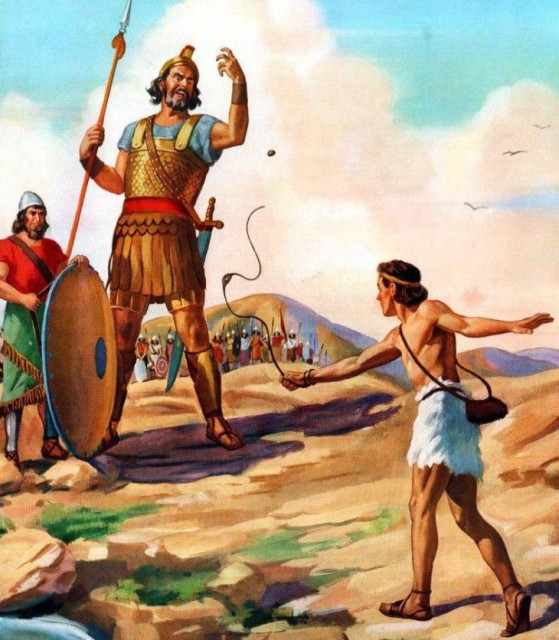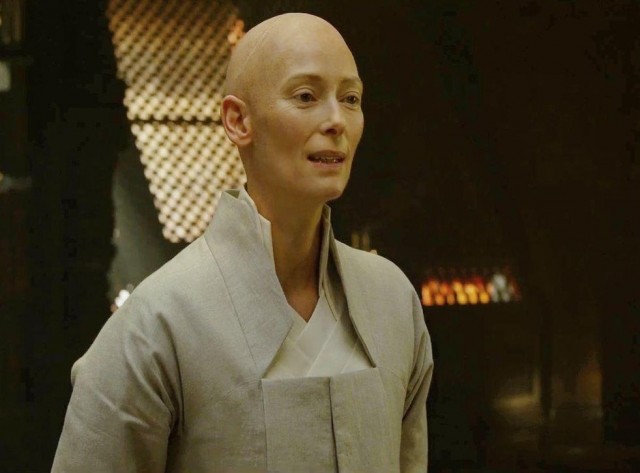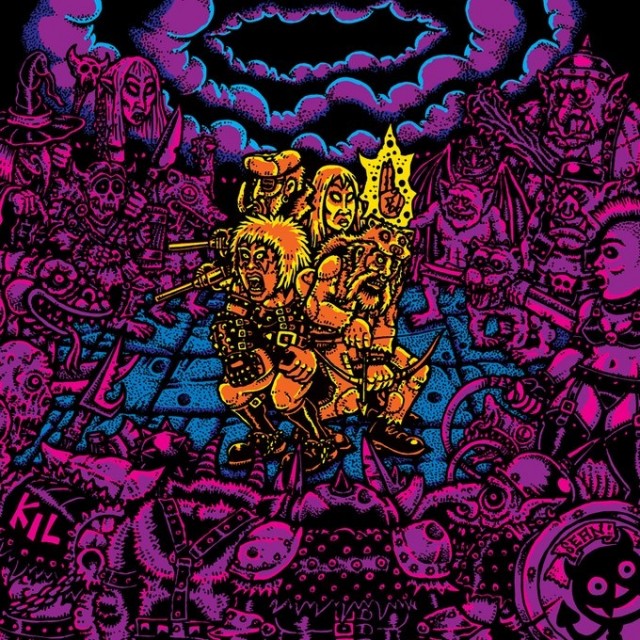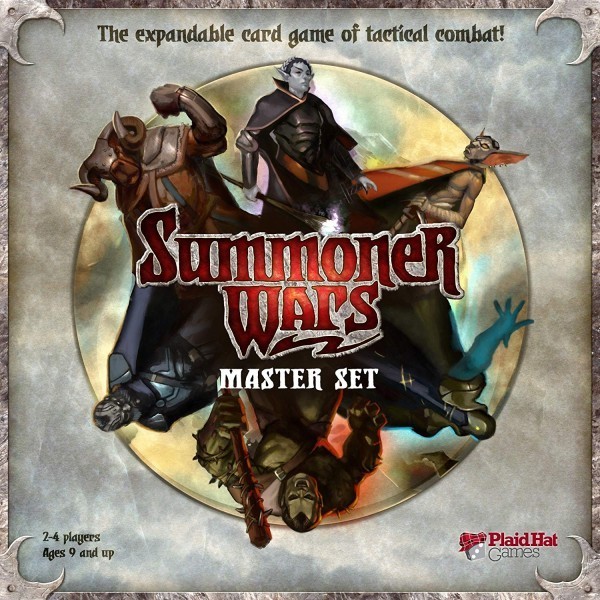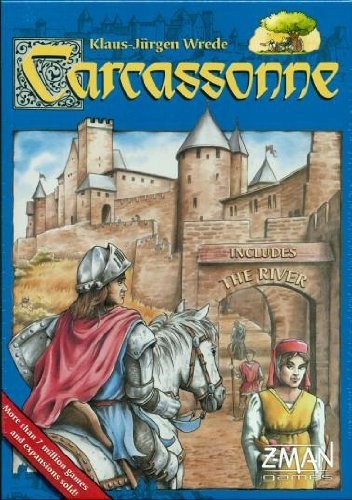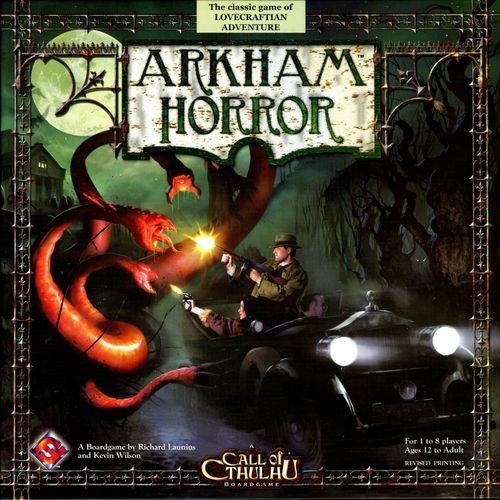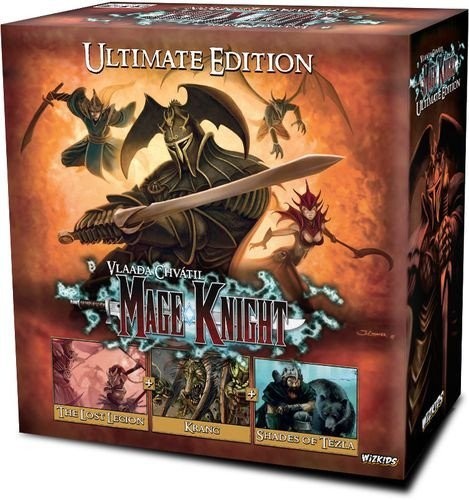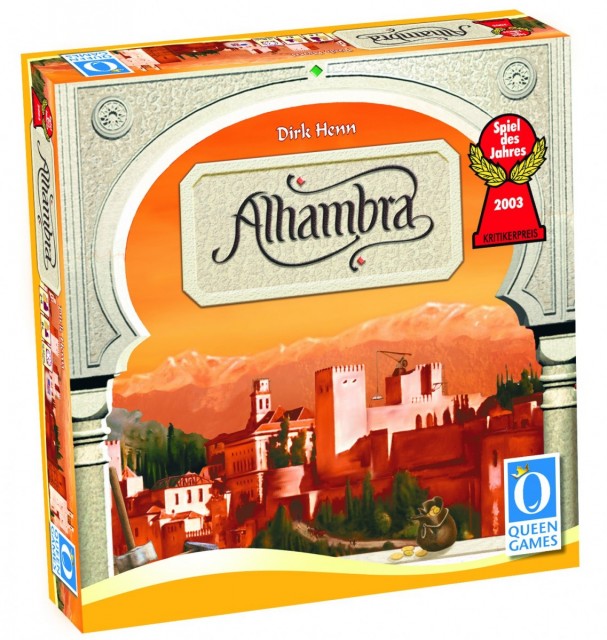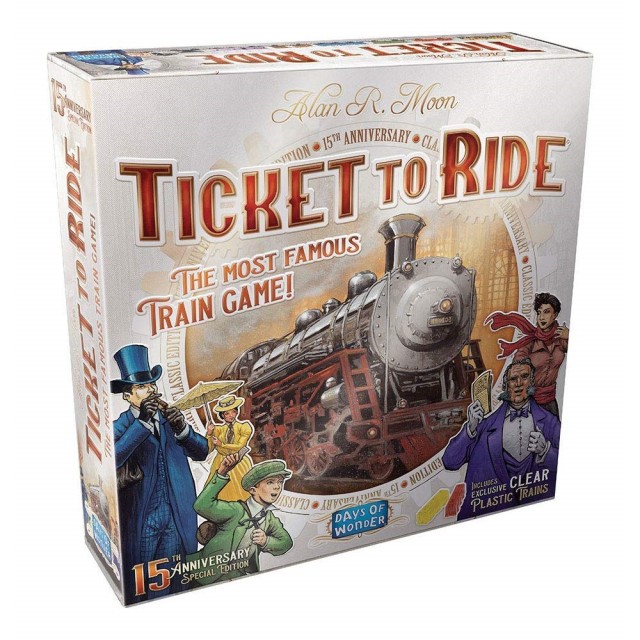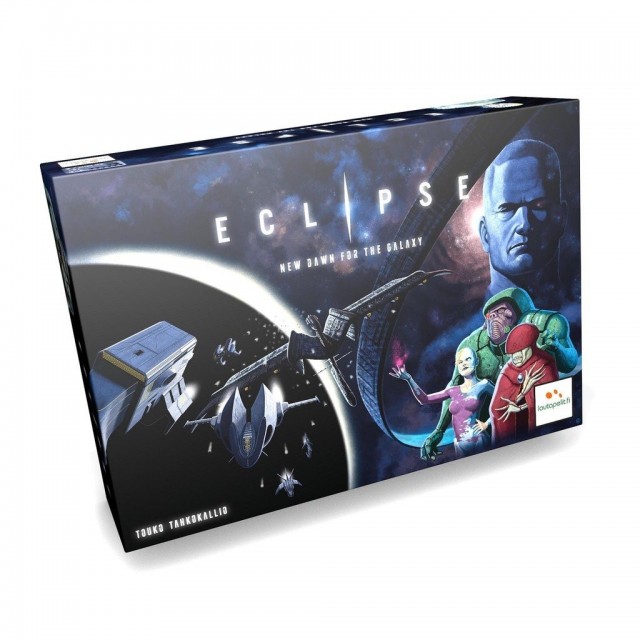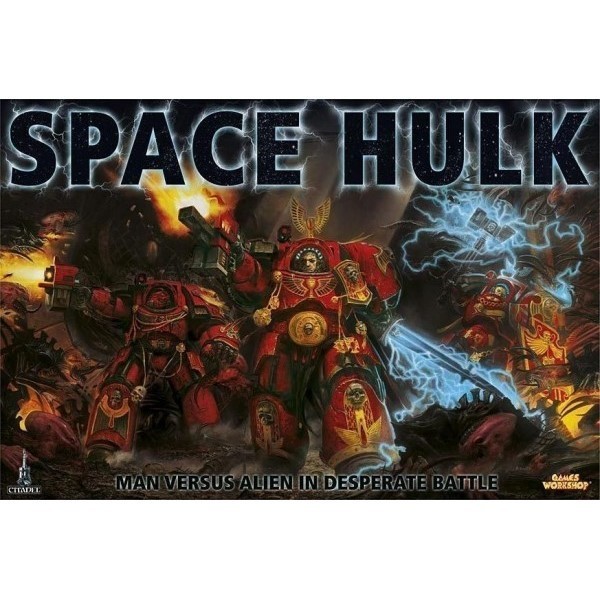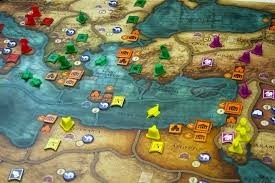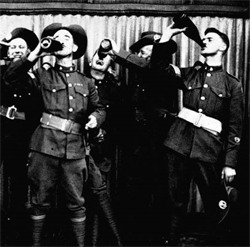 People don’t tend to like to think of themselves as part of aminority, and especially not a minority of a minority. Such a positioncan engender a perverse sense of pride in being one a small number,even when membership of that clique requires nothing more thanless-than-mainstream taste. I find myself in the unfortunate positionof being in a minority of a minority of a minority, and I have thatperverse sense of burning uniqueness as though it’s something special -it burns so bright, in fact, that I’m planning to dedicate an entirecolumn to telling you about it. I belong to the Casual Wargamers Club.
People don’t tend to like to think of themselves as part of aminority, and especially not a minority of a minority. Such a positioncan engender a perverse sense of pride in being one a small number,even when membership of that clique requires nothing more thanless-than-mainstream taste. I find myself in the unfortunate positionof being in a minority of a minority of a minority, and I have thatperverse sense of burning uniqueness as though it’s something special -it burns so bright, in fact, that I’m planning to dedicate an entirecolumn to telling you about it. I belong to the Casual Wargamers Club. Membership of the CWC isn’t actually that hard to discern, but you’d be hard pushed to find that many of us, I suspect. Watch carefully amongst the groups of people who regularly play wargames and you’ll spot a pattern emerging: a tiny few who could tell you about the strategic ramifications of the Battle of the Bulge but who couldn’t comment on the tactics or the order of battle. The sort of people who know, for that matter, what an “order of battle” is but probably couldn’t tell you the contents of any single one throughout the entire military history of the world. The sort of people who can spot the difference between a Sherman and a Sherman Firefly, but who can’t differentiate between the various shades of Field Gray. Anyone who fits that description could well be a member of the CWC. But the real clincher is what wargames they’re choosing to play. The favoured material are games that are easy to learn and playable in “an evening”. Personally I tend to quantify those rather subjective statements with numbers: the maximums of ten pages of rules and a 3-4 hour play time but the point is that they’re games which a gamer can realistically teach to others and regularly play whilst holding down a meaningful job and family life. It should also be noted that the “casual” element in the name refers to laxity of effort in seeking times and people to play, not in actually playing. Napoleon’s Triumph is a textbook CWC game, but I challenge anyone to suggest the experience of planning its strategy and tactics could be considered casual in any sense of the word.
You might think that this sort of attitude was quite common amongst Grognards, but it seems not. An attendee at my nascent Monday night gaming club confided in me the following delightful tale about a Thursday night wargaming club that he also attended. It seems the club members would gather religiously at 7pm on a Thursday and spend the entire evening talking about playing games, but not actually playing any games at all because all the games they wanted to play were eight-hour monsters that would have taken an evening alone simply to set up. But did this stop them buying new monster games to add to their collection? No! Presumably the lure of buying a game just so you could talk about playing it was enough. If you listen to Grognards discussing their hobby the reason for this becomes clear - their primary angle on all this is the accuracy of the game, both in terms of the historical setup and the simulation of historical - or “potential historical” - scenarios. They’d rather a game enter the realms of the semi-unplayable in terms of rules and time than get some of these essential details wrong.
That’s the key point where members of the CWC differ from other grognards. That’s what puts us in the place in the hierarchy of minorities that we’re in: a minority of wargamers who are themselves a minority of boardgamers who are in turn a minority of hobby gamers generally. And you can probably tell from my slightly condescending tone in the previous paragraph that I find the “mainstream” grognard attitude of “better unplayable than wrong” completely baffling - probably as a result of that perverse pride that I opened the article in talking about. What’s the point of being a wargamer, I would ask, if you only ever get to play wargames either against yourself or once in a blue moon? To which the response is probably something along the lines of what’s the point of being a wargamer if the games you’re playing only have the most dubious connections to the conflicts they purport to represent? It’s a fair question, and worth spending another paragraph dissecting.
The answer is that I’m not interested in the details of simulation - I just want a semi-realistic theme against which to set my games. In the same way as my interest in military history is mainly high level, I’m quite happy to bypass the fine detail of any given situation and let my imagination do the rest. That doesn’t mean I’m not interested in tactical level games, quite the opposite because the finer grain of human detail I can see on the map before me, the closer the direct connection to my imagination: it’s easier to think about a squad of soldiers than it is an entire division. But whatever scale I’m at, I want things painted with a broad brush. At the tactical level I don’t care about the difference between a 6-pounder gun and a 88mm one, at the strategic level I’m not overly bothered about the difference between a Wehrmacht armoured division and an SS one. As far as I’m concerned a good wargame design will sort out these fine details through the numbers on the counters and not through cumbersome application of extra rules. Perhaps all that means I’m not really a wargamer - I don’t much care, I’m a member of the CWC and proud.
As you might expect though, for such a small minority, the number of games out there which will fit into our criteria of playability is pretty small. Once you discount games that aren’t actually very good, that number gets even smaller. And I’m going to shoot myself in the foot and suggest to publishers and designers that in actual fact these sorts of games do not work as wargame “gateway” games. You’re either bitten by that Grognard bug and willing to sacrifice all on the altar of historical simulation, or you’re not and no level of exposure to CWC games is going to change that. Look at me, I’ve been playing these sorts of games for three years now, and I’ve got significant play of maybe twenty different titles under my belt and I’m still completely disinterested in virtually every wargame that can’t be crammed into a small rules booklet and an evenings’ play. The people who create and publish these things might, I think, be better off realising this and designing the games from that standpoint, even though it’d probably result in a drop in the overall number of these games around. And here’s why: even within the small pool of games we’ve identified as being both playable and good, there are an astonishing number which fail a basic test on repeat plays because they suffer from the age-old wargame problem of scripting. If you’re a designer attempting to pull off a simulation of a historical situation, however loose and easy your attachment to the idea of a simulation is, the resulting game is almost bound to lack in replay value. And it seems that with less rules, the problem becomes worse, because less rules means less tactical options means less repeat play value.
But wait. Think about this for a minute. Why should this be so? Surely with less of an eye on the historical value of a game, a designer ought to be freer to make a game with a lot more replay value because they’re no longer so badly constrained in what territory the game can explore by the historical precedent? This seems to be something designers are only waking up to belatedly. Take the recent MMP game and perfect CWC candidate Storm over Stalingrad. At first glance it’s got “low replayability” written all over it. It contains masses of units that are carbon-copies of one another, has a map with such large areas that maneuver becomes uninteresting after a couple of games and represents an attritional style of warfare which is the very antithesis of the thrilling attack and counter-attack of which military legends are made. And yet the simple addition of a deck of event cards extends the life of the game dramatically because it’s no longer just about a simulation of the Battle of Stalingrad but about the most more basal gamer fulfillments of tension, hidden information, “gotcha” moments and creative card play. What do I care if a lucky hand of “rocket” cards gives the Soviets far more leeway to go on the offensive than was historically the case? Why should I give a hoot about the rather bizarre combination of a “sniper” somehow managing to blunt a German “heavy artillery” bombardment? I’ve got a game which manages to be both a passable historical representation, and is entirely playable within the confines of my busy life and has a decent block of replay value!
That’s only the second time I’ve actually mentioned a specific game. You’d never believe that when I sat down to write this article I’d planned to spend most of the time talking about some of my favourite CWC games, but it seems a bit late now so instead I’m going to spend a bit of time talking about publishers. A couple of times recently I’ve heard the famous wargame publishers GMT being lauded for their creativity, innovation and willingness to explore new ground in the wargame genre. And as far as I can tell, with titles like Twilight Struggle in the stable, the probably deserve that praise. But what they don’t have are very many CWC games. Manoeuvre would certainly count and some people might include the Combat Commander series although they don’t really meet the complexity requirement, or Twilight Struggle even though it’s arguably not a wargame at all, but that’s about it. MMP on the other hand have devoted considerably attention to this space - most of their IGS games fit the complexity criteria although some miss out on the time limitation, and a few of their SCS games can just about cram into the box as well. Jerry Taylor has made a design career out of making CWC games in the Columbia games block format and their catalog boasts a number of other contenders such as Napoleon and Pacific Victory. Amongst the smaller publishers, Lock n’ Load and Academy Games seem to be starting to forge a real niche in this area. The main LnL line of games using the (rather unimaginative) title of Lock n’ Load fall well outside the complexity requirements but their other two series, Corps Command and World/Nations at War, are both very much squarely in CWC territory as does the Conflict of Heroes system from Academy. And I couldn’t do an overview of publishers active in the area without mentioning the DTP publishers Victory Point Games - I’ve never played one of their titles because they’re impossible to get in the UK, but they deserve mention for their sterling services to the CWC community.
So, let’s assume for a moment that I’m right, and that CWC games not only fail to qualify CWC gamers as proper grognards but that the games themselves, although designed by dyed in the wool wargamers for dyed in the wool wargamers don’t actually do much to excite that target market. If you turn it on it’s head, doesn’t it mean that aside from the tiny number of CWC gamers who buy, play and enjoy these titles, fans of other game genres must be taking up the slack that allows these titles to sell? Doesn’t that in turn mean that a few Eurogamers and Ameritrash players and maybe even RPG and tabletop game fans must be having a grand old time with these games? Might one of those categories include You? So, what are you waiting for, soldier? Get yourself off and try a lightweight wargame at the double! We’ll be waiting for you with your CWC membership badge a few dozen plays down the line! Games
Games How to resolve AdBlock issue?
How to resolve AdBlock issue? 
